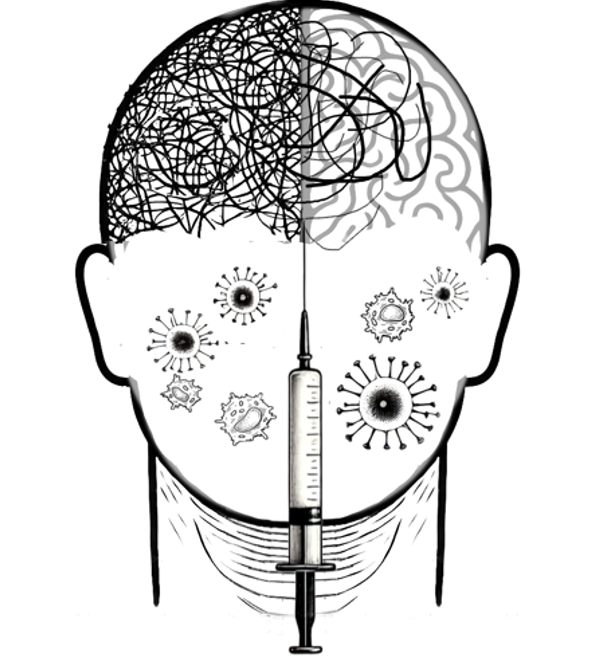
In a recent study published in Nature, FLEX researcher Markus Eyting and his co-authors Min Xie, Felix Michalik, Simon Heß, Seunghun Chung, and Pascal Geldsetzer exploit a natural experiment to investigate the causal effect of shingles vaccination on dementia risk.
The opportunity for causal inference arose from the UK’s rollout of the herpes zoster vaccine, which was based strictly on date of birth: individuals born on or after 2 September 1933 were eligible to receive the vaccine during the first year of the program, while those born just one day earlier were permanently ineligible. This created a quasi-random assignment of individuals into treatment and control groups, enabling the researchers to apply a regression discontinuity design.
Using large-scale electronic health records from Wales, the study tracked individuals’ health outcomes over a seven-year period, up to September 2020. Vaccination rates increased sharply from 0.01% among those just too old to qualify to 47.2% among those eligible. This discontinuity allowed the authors to estimate the causal effect of vaccination: they found that receiving the zoster vaccine reduced the probability of a new dementia diagnosis by 3.5 percentage points, equivalent to a 20% relative reduction. The protective effect was particularly pronounced among women.
The results were further validated using death certificate data from the combined populations of England and Wales, focusing on dementia as a primary cause of death. This additional evidence reinforces the conclusion that zoster vaccination may delay or prevent the onset of dementia.
By exploiting a unique natural experiment, the study provides the first causal evidence that the shingles vaccine may have important off-target benefits for brain health.
The complete scientific publication is available under the following link.

